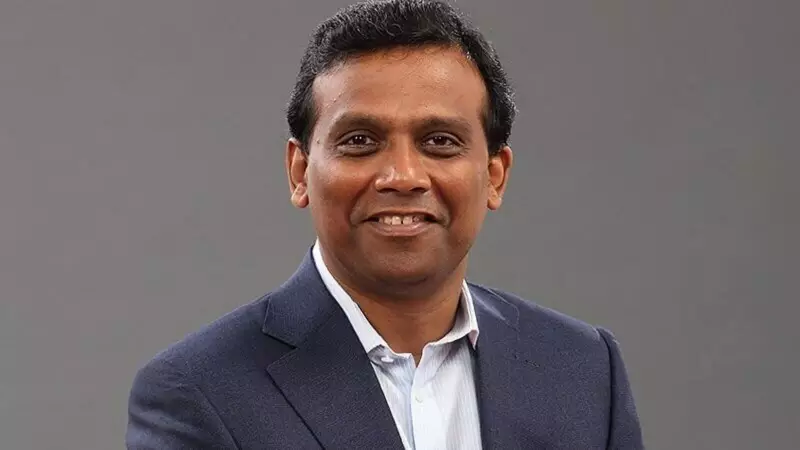
In a revealing conversation that challenges conventional wisdom about artificial intelligence and employment, Cognizant CEO Ravi Kumar S has shared groundbreaking insights about the future of hiring in India's technology sector. Contrary to fears of widespread job displacement, Kumar believes AI will actually increase opportunities for fresh graduates.
The AI Paradox: More Jobs, Not Fewer
During an exclusive discussion, Kumar articulated a vision that turns the typical AI narrative on its head. "We will need more school graduates," he stated emphatically, pointing to the evolving nature of technology work in the post-AI era.
The Cognizant chief explained that while AI will automate certain routine tasks, it simultaneously creates demand for new skill sets and roles that are perfectly suited for young graduates entering the workforce.
Why Fresh Graduates Have the Edge
Kumar highlighted several factors that make school graduates particularly valuable in the AI-driven workplace:
- Digital-native mindset that aligns with emerging technologies
- Adaptability to learn and work with AI tools from day one
- Fresh perspectives unburdened by legacy ways of working
- Natural affinity for collaborative human-AI work environments
The Changing Face of IT Recruitment
The Cognizant CEO's comments signal a significant shift in IT hiring strategies. Rather than scaling back entry-level positions, major technology firms are recognizing the unique value that young graduates bring to AI-enhanced workplaces.
"The nature of work is transforming," Kumar noted, "and with it, our approach to talent acquisition must evolve."
Skills That Will Matter Most
As AI reshapes the employment landscape, Kumar identified the capabilities that will define success for new graduates:
- Critical thinking and problem-solving abilities
- Emotional intelligence and human interaction skills
- Adaptive learning capacity to work alongside AI systems
- Creative application of technology to business challenges
What This Means for India's Tech Future
This optimistic outlook from one of India's largest IT employers comes as welcome news for students, educational institutions, and the broader technology ecosystem. Kumar's perspective suggests that rather than threatening jobs, AI is creating new pathways for young talent to contribute meaningfully to the digital economy.
The message is clear: For India's aspiring technology professionals, the AI revolution represents opportunity, not obsolescence.
As Kumar's insights demonstrate, the companies that succeed in the AI era will be those that effectively blend human creativity with artificial intelligence—and fresh graduates may just hold the key to making that combination work.





